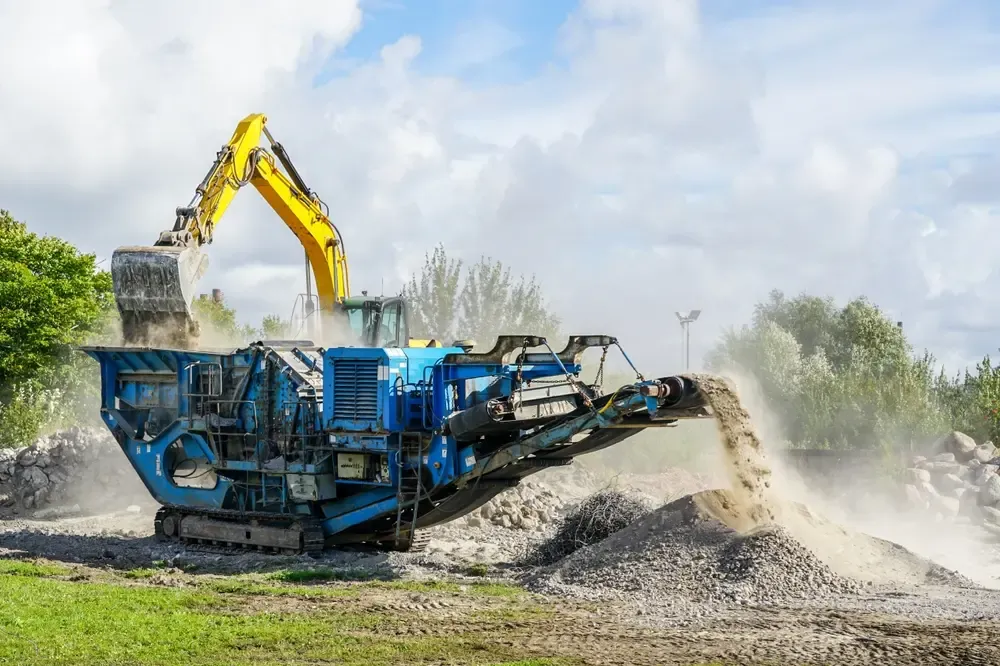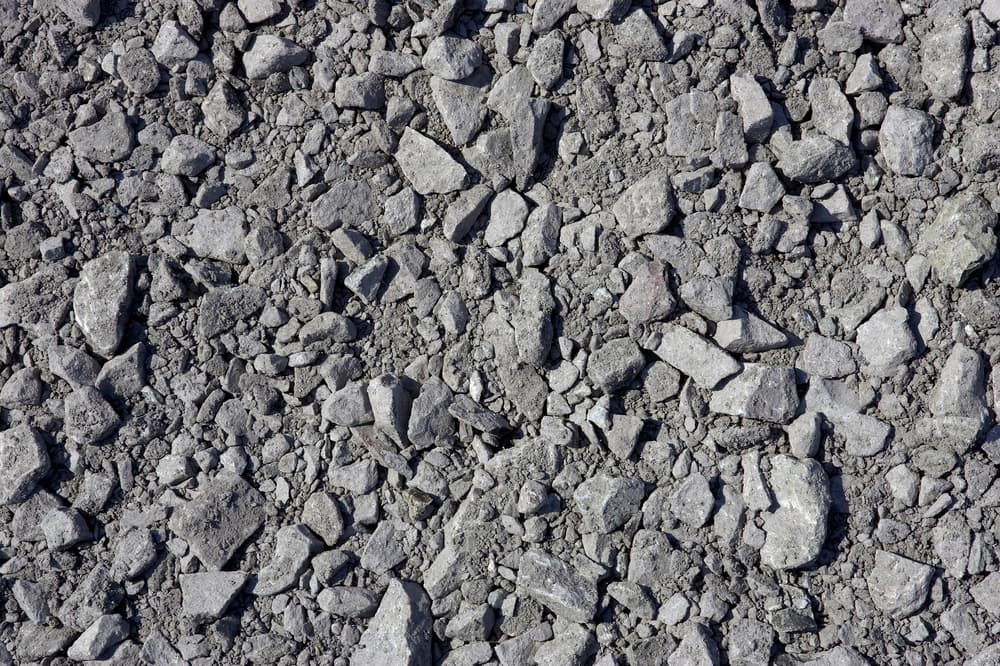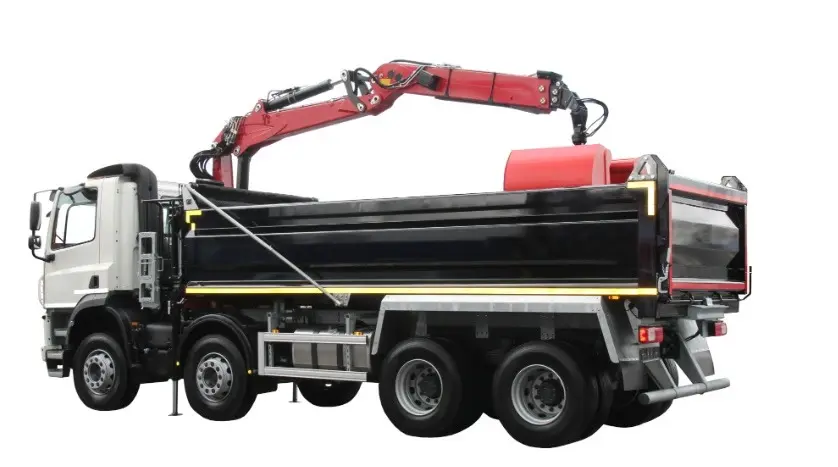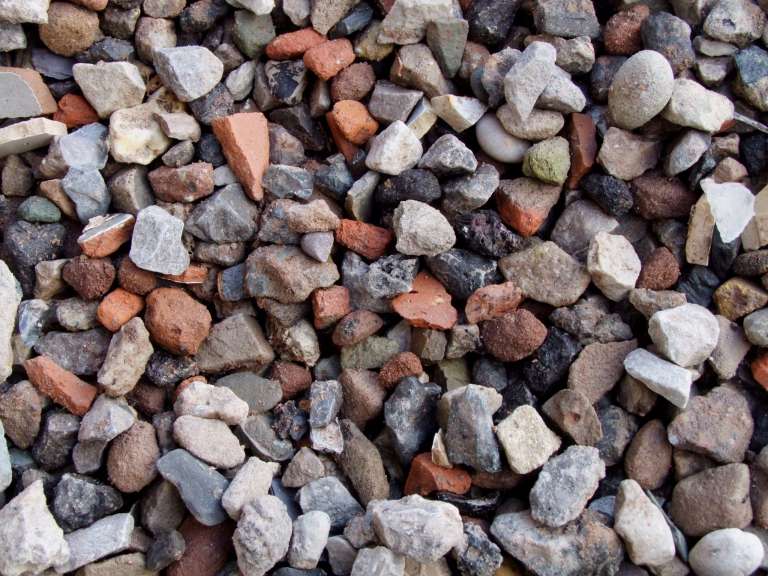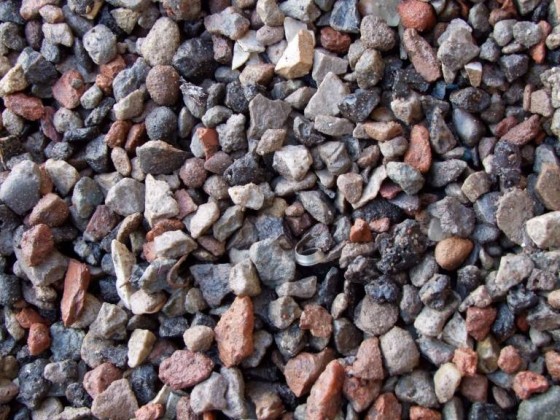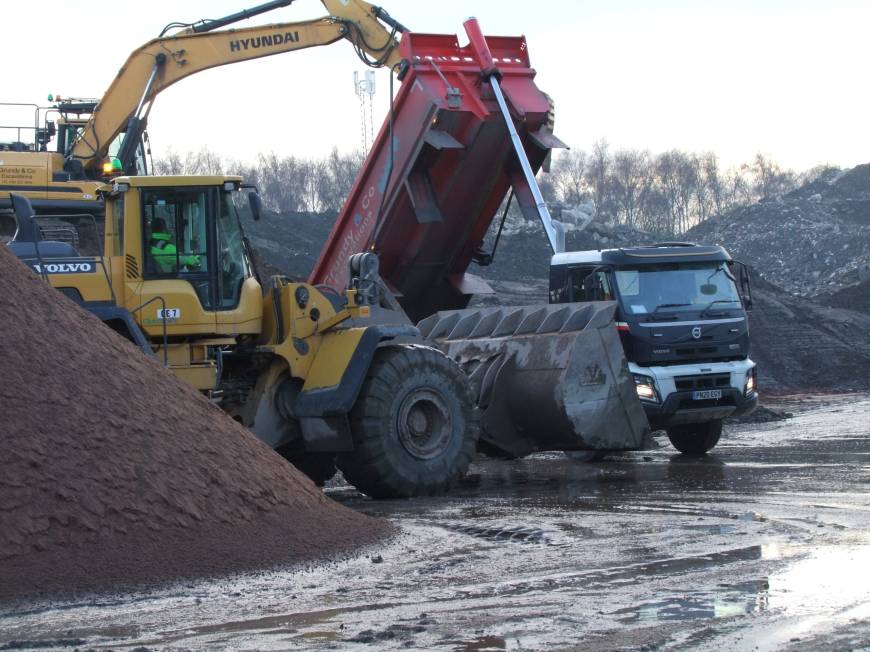If you’re planning a construction, civil engineering, or landscaping project, you’ve likely come across the term bulk excavation. This process helps you prepare land for development, but what exactly does it involve, and when is it needed?
Our specialists take a closer look at bulk excavation in this blog, so keep reading to find out more!
What is Bulk Excavation?
Bulk, or mass excavation, is the large-scale removal or replacement of soil, rock or other ground materials. This process shapes the land before any foundations, roads or structures are built or laid.
Instead of shifting small amounts, bulk excavations are used to deal with substantial volumes of materials across a wide area to reach a specific depth, level the site, or remove unsuitable ground. This is to ensure it’s stable and safe for construction.
Typical mass excavation tasks include:
- Removing topsoil and subsoil
- Cutting into slopes or higher ground
- Filling low areas
- Exporting waste material off-site
- Managing drainage
Why Bulk Excavations Matter
Getting extensive soil removal is really important – the stability, safety and longevity of any structure depend heavily on the quality of the ground beneath. An incorrectly carried out excavation could lead to issues such as settlement, drainage problems or structural failure down the line.
A proper bulk excavation also helps ensure:
- Accurate site levels and gradients, which are crucial for drainage
- Efficient material management by reusing suitable soil or rock
- Compliance with design standards to help you avoid fines and additional costs
In other words, it’s about more than just digging; it’s about precise engineering at ground level.
When Might Bulk Excavation Be Needed?
Mass excavation is typically needed to prepare sites for new buildings, basements, or underground car parks by removing large volumes of earth and creating stable ground. It’s also essential for roadworks, where cut-and-fill operations need the correct gradients, or for land remodelling that involves removing contaminated soils.
If you require moving significant amounts of material, excavation is a key part of the process.
Working with a Specialist Contractor
A professional contractor such as ourselves can manage every aspect of the process, from initial ground surveys to waste disposal and environmental compliance.
By choosing an experienced team, you benefit from expert project planning and risk assessment, modern machinery for efficient excavation and compliant handling of materials, among more!
Get in Touch With Us
At Grundy & Co, we’ve provided specialist excavation and aggregate services across the North West for decades. Whether you’re developing a new site or remodelling existing land, our team can deliver efficient and reliable service tailored to your needs.
Get in touch today to discuss your project or request a free quote.
No, a grab lorry is not designed for digging like an excavator or digger.
However, its hydraulic grab arm (grabber) can efficiently lift and remove pre-excavated or loose materials such as soil, rubble, and aggregates from the ground with ease.
It is possible to use a grab wagon to remove grass, turf with topsoil still attached, grass clippings, and other general garden waste.
However, grass and soil can be exceptionally heavy when wet, so be careful how much you load up – exceeding the capacity of the grab lorry (16 tonnes) can result in mechanical damage and load spillage.
Plus, some disposal sites need green (garden) waste to be separated from construction waste, so be sure to check before you load up!
Based in the North West, Grundy & Co can offer short- and long-term grab wagon hire anywhere within Merseyside and the surrounding areas, including Chester, the Wirral, St Helens, and Warrington.
To book a slot – which can be as little as an hour – or to ask any questions, call us on 0151 257 8816 or email sales@grundyandco.com.
Our experienced team can talk you through the whole process and book your vehicle if you decide to go ahead.

